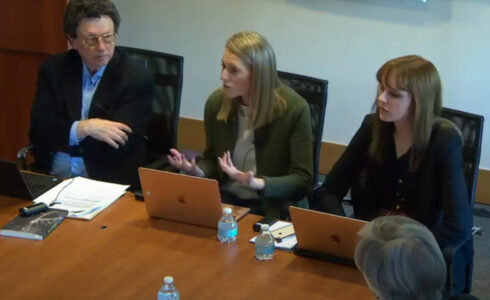
Death Dust explores the largely unknown history of the rise and demise of RW—sometimes portrayed as a “poor man’s nuclear weapon”—through a series of comparative case studies across the United States, the Soviet Union, the United Kingdom, Egypt, and Iraq.
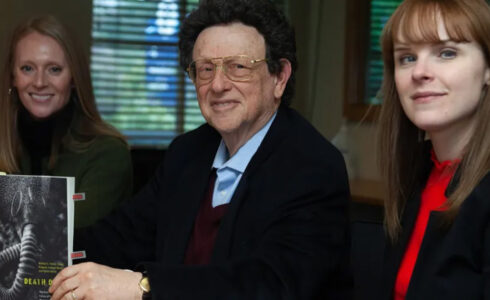
This seminar focuses on the findings of the recently published book “Death Dust: The Rise, Decline and Future of Radiological Weapons Programs.”

Outrider.org launched a podcast “The Reason We’re All Still Here,” with Jeffrey Lewis discussing nuclear weapons history and the citizens who chose to build a safer world.
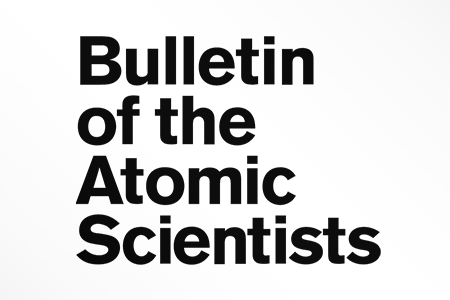
Staffers learn how easy it might be to genetically engineer a pathogen and how synthetic biology can speed up the manufacturing of medicinal compounds.

Proper federal oversight could make invisible labs more visible and prevent unsafe labs from working with dangerous pathogens.
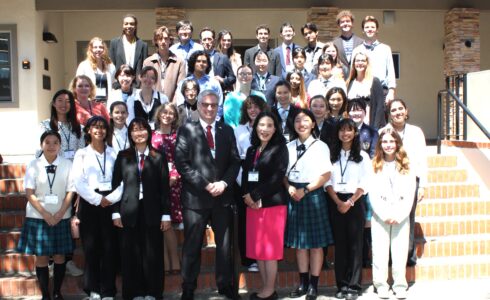
Young people are creating hope through their creativity, enthusiasm and global mindedness.
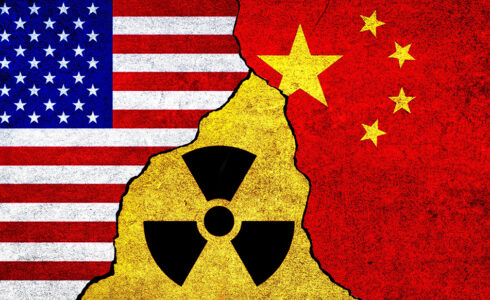
Incentivizing China to see nuclear and risk reduction as beneficial rather than detrimental will require skillful U.S. diplomacy to leverage pressure from allies in Europe and regional states.